Tips On Becoming a Digital Nomad - 5 Ways to Make Money Online and Travel
Heads up: I use affiliate links for my fave products. If you click and purchase, I may receive a small commission at no extra cost to you.
Want to work from your laptop & travel the world at the same time? It's totally possible for you! In this video, I’ve brought in Fin from Tim & Fin to share with you our best tips for becoming a digital nomad!
HIT PLAY:
video transcript:
Tips On Becoming a Digital Nomad - 5 Ways to Make Money Online and Travel
Welcome back to my channel. I have a special video for you today, all about becoming a digital nomad. I have Fin here from the YouTube channel, Tim and Fin. Basically they’re travel bloggers. At the same time, they have an online business, and they have embraced the digital nomad lifestyle as well.
We met at the co-working space here in Sayulita, and we’re going to talk to you today all about how you can embrace the digital nomad lifestyle as well - and a few different options of how you can do it - which basically means that we work remotely and we travel at the same time.
Louise: So, tell us more about your YouTube channel and your business.
Fin: Gladly. Recently, on our channel, we just are going through a digital nomad series of how to make money and travel. We have five videos that we’re going to highlight today, and it’s the five different ways to make money online and travel.
How we make money and have a lifestyle of travel is that we own and operate an Amazon business, where we sell physical products – travel gear (trippedtravelgear.com if you want to check it out).
We also have had different jobs in the past that have allowed us to travel. I was a consultant - I used to be in human resources - and we’ll dive into those today about how to get you on the road, so that you can have a life of travel.
Louise: Let’s dive into the first one – what’s the easiest way that someone could get started as a digital nomad?
#1 - Work Remotely
Fin: So, if you are a 9-5 employee and you’re watching YouTube videos and you’re like, I don’t understand how all these Instagrammers and everybody are on the road, a good place to start is really just to ask your current employer if you can work remotely. That is just a good starting place. I said earlier I used to have a career in HR. We also have a video on our channel of different ways to get on the road. Talk to your current employer – maybe that means asking for a sabbatical, maybe a good starting point is just to get three months on the road and they will hold your job for you - you can come back to it - or, if you’re able to ask for a remote position. If you’re just walking into the office, logging into the computer, spending all day on the computer, and going home, maybe that’s a great job that you can ask just to work from anywhere in the world.
Louise: Yes, there are so many people that are actually just working remotely for a company. I think we always assume that everyone who is doing this has to have their own business, but that’s not the case, and I feel like more and more companies are getting more comfortable with the idea of us working from different locations. As long as the quality of your work doesn’t change, then it doesn’t really matter.
Fin: At the end of the day, if this is really what you want – does it hurt to ask? At least that’s a starting point. You can ask. Maybe the answer is No, but I’m sure you’ll feel a lot better even just for asking.
Louise: Definitely. So, what would be the next step? Another way of becoming a digital nomad?
#2 - Become A Freelancer
Fin: The next step in the process to be a digital nomad - if your goal is truly to have your own business - you don’t want to be an employee anymore – is you could take your skills from being an employee and freelance them out. So, you’ll no longer have a salary or the benefits of that company, but you can use those same skills and work for corporate clients – even maybe doing the same exact job.
One thing to consider is you could even be a contractor for your current employer. You’re no longer on payroll, you no longer are receiving those same benefits, but you could still be working on the same project. Why that’s to your benefit is because that gives you more “location flexibility”, but you also then have maybe more leeway in asking for that, because it’s less risk to the employer. They have high risk when they employ you and pay for your benefits, but if you just are working on a project contractually, it’s easier for them to let you go, which is to their benefit.
If that feels like a stretch to bring that up, it really shouldn’t feel that way, because, from the corporate prospective, that is more of a benefit to them – to get the same work done for essentially less money. It’s not necessarily less money than your salary, it’s just the fact that they’re not paying for your benefits anymore - so you could even be asking for a higher dollar amount, and have that location independence as well.
Louise: Fin used to be an HR consultant, so she knows all about this.
Fin: It’s my expertise. That’s a good point to make too, that’s where Tim and I started and how we got on the road. I was an employee in human resources. That doesn’t necessarily sound like a field that will get you right on the road – when you hear about graphic designers or people who know code – you’re like, their skillset merits them to get on the road. Well, I took human resources and I just turned the nature of my business from an employee to a contractor. Then I just had a client and worked as we traveled in an RV from Florida to Alaska – making my calls along the way - but I wasn’t an employee anymore which gave me the ability to be on the road.
Louise: You have to check out their YouTube channel. You guys have travelled so much, you’ve been on so many adventures – ten months in an RV – so definitely check it out.
Fin: We have a 10lb little fluffy dog which is mostly why people hang out on the channel!
Louise: (That’s why I’m hanging out with her really, for Pepper.) So, you can actually just become a contractor first, and then, obviously, if that doesn’t work, then the next step would be to start your own business and become an actual freelancer.
Fin: Exactly. This isn’t to minimize that task. Obviously, this takes time, but it’s just what my husband and I did. We were going to 9-5’s and moonlighting another business. We’ve all been there. The next three that we’re going to be talking about are all about owning your own business.
Five years later, looking back, it doesn’t feel like so much time. Five years at the beginning sounds like forever, but looking back, now that this is our lifestyle, it’s a no-brainer - of course we had to do that to get to this point.
#3 - Starting Your Own Business
Fin: So, the third category that we’re talking about to be a digital nomad is starting your own business. Just to start with our business, we have an Amazon FBA business. What that means really is we are “fulfilled by Amazon.” We are a private-label company, we have our own brand, and we manufacture products through a manufacturer (we’re not sitting there sewing or anything) – but why this is great for the road is because we don’t actually touch our products. We have them manufactured, they are sent to Amazon, and then Amazon is a great beast because they’re essentially your distributor. They manage inventory, and they ship everything out, they handle returns – so, when Tim and I are always describing what we do, people are like, Oh, I’d love to see your product, but we don’t have that with us. I can’t give you a product – I’d love to give you a free sample - we have backpacks and packing cubes - but we don’t physically have them.
Why this is a great business option for travel is because it does not limit you to specific time-zones. We can just manage our business anywhere at any time – part of the downside of that is that we are constantly managing our business, all of the time, but that’s more of just a personal preference – you have to set your own limits sometimes.
Louise: What’s so good about this is, up until this point, I’ve been saying do digital products - it’s so much easier - but really there is a way to do physical products and make it a lot easier and do-able from the road as well.
Fin: What I will say, as we keep this video high-level, is from a marketing perspective, Amazon has been such a valuable tool for us, because Amazon is its own search engine. That’s not to say that because we have a YouTube channel, all of our subscribers are buying our gear. There’s a percentage there, but as far as our business goes, that might be two percent of the people buying our products. The real people who are buying our products are going on Amazon, they’re searching for a compressible backpack or they’re searching for compressible packing cubes, and we don’t have to describe what that is to the person - we just have to be the top result in the search engine, and the product they select out of the five choices that there are there in that category.
Louise: I’m sure you have more videos on that on your channel, right?
Fin: Yes, you can dive into our Amazon video on our channel that talks super in detail about what Amazon FBA really is.
#4 - Travel Blogging
Fin: Category number four on becoming a digital nomad is being a travel blogger. I have a very emotional reaction to this, because I’m sure, as we come across online, we have a travel blog. We have a travel vlog on YouTube, we have an Instagram account. I just want to say, from a business perspective, those social channels are not how we support a life of travel.
There are loads of travel blogs out there that advertise that you can have a travel blog and support a life of travel – and while that is correct – you can – I personally just don’t see that as a very viable business option, because there are so many better ways to invest your time than to produce so much content and find a following.
It’s really going to seque us into the fifth category, because the entire point of having all of those social platforms as you grow them, is to sell something. We’re talking about business here and Louise’s channel – we don’t try to push our Amazon products in every video, but, behind the scenes, our subscribers know that we sell gear and then go shopping through there.
Louise’s business, of course, brings us into category number five of becoming a digital nomad, which is selling a digital product. So, just to finish category four, I just don’t want anybody to think that YouTube supports us doing the lifestyle that we have. It’s a marketing platform for us to sell something - in our case, physical products, in Louise’s case, something digital.
Louise: Yes, it’s so misleading if someone were to just come across our social media, they think maybe we’re just YouTubers, but, really, it’s very important that you have a business behind the channel. I think it would be so difficult really to just be a travel blogger and having to rely on sponsorships. Of course, it’s do-able, but definitely I think the majority of people who you see succeeding have a business, they have a product running behind the scenes, and this is the actual marketing channel, this is the way that you’re getting the word out about what you do.
Fin: What that business looks like, if we’re talking about the travel blogger space, is hours and hours of cold-calling to make that sale to get a sponsor. That’s like the behind-the-scenes of what’s going on. It’s not necessarily not viable, but cold-calling is my biggest fear in the entire world, and that just is not how I would want to spend my time. While, on the forward-facing side, it looks like you have this certain lifestyle, on the backside, it’s just cold-calling to try to make that sale.
Louise: Yes, that sounds stressful. Basically, what we’re saying, is there are other ways, and it’s not just that. It’s super confusing. You don’t know what’s happening behind the scenes, but, really, I think the smartest thing to do is to create your own product of some form as well.
#5 - Selling A Digital Product
Fin: I feel like I should interview you now, for this portion of category five. Why don’t you tell us Louise about your digital product, and how you have a life as a digital nomad?
Louise: Basically, what I decided to do, was create an online course – Website That Wows - that teaches aspiring coaches and service-based entrepreneurs how to create a website that actually gets them clients. Before this, I was working one-on-one, and I was creating websites for people. Then I decided to package it up – everything that I had learned over the years - the tech, the marketing, everything - and put it into one course, and so that is all I do.
I have one course and it’s great. I can work with people from all over the world. Basically, they pay a one-time fee, then they come, they join the course, they get access to all of these video tutorials, and, because it’s technical, I also added in support.
It’s not just for me, it’s not just a digital product, and that I never interact with people – I’m working with people and I’m just supporting them in a different way. I really like empowering people to create their own website, rather than just building it for them, and then they don’t know how to grow their online presence.
Fin: And all of the maintenance of course that comes up with that. I met Louise in a café the other day and she was making sure the course was updated for you - just like we would do on our backpack or something – making sure the zippers are reenforced, using customer feedback, tweaking things along the way – exactly what you’re doing with your digital product.
Louise: While it’s great, you can create a product once – there are so many aspects of creating a digital product that are so exciting to me. It’s the fact that you can work with people from all over the world. And, technically, you can sell an unlimited amount - that is so exciting - having unlimited potential in anything. Of course, it’s a lot of work, especially if you choose to have a tech course, which is a whole other topic, but tech obviously moves so quickly, so a lot of the time I’m working on course updates, like I was the other day.
Fin: But you touch on something so important – that the sky is the limit with a digital product or with physical products, because your customer base is whoever is interested, versus if you’re talking about maybe freelancing your time. It’s a great place to start, but if you have expertise in that area, then you could start there and then maybe evolve into creating something like a course, like Louise did – first working with clients, then selling that one-time package. You’re able to sell more than the 24 hours in the day that you have.
Louise: Exactly. Very quickly, as you start to learn marketing, you can very quickly book out with clients, and then all of a sudden, you do have the cap. I think people like us - the entrepreneur, the digital nomad - we don’t really like any restraints. We don’t like abiding by general rules, so it is really cool to be able to work with whoever we want, with however many people, and from wherever in the world – that’s the underlying concept of this lifestyle.
Fin: And since we’re talking about it in a travel context too, that doesn’t limit you to specific time-zones or anything like a client would. You have to go in and you have to update the course, and things are always changing, but you can do that on your own time.
Louise: Totally. I feel like mine’s a different case because it is technical, and I’ve chosen to add support in there, but there are digital products that are completely passive. We haven’t touched on those ones – if you want to sell templates or you want to sell presets or ebooks – there are other ways where you can really automate all of that behind the scenes.
Fin: If you want to learn more ideas for digital products, you can head over to our channel where we are going to dive deeper into that subject, really talking about Louise’s business. So, if you want to see the behind-the-scenes of Louisehenry.com (formerly Solopreneursidekick), then you can go check out the video on our channel.
Louise: I will link to that. I feel like that’s everything we wanted to cover about becoming a digital nomad, so that is where we are going to end this video. A ton of tips on how you can get started, and how you can embrace the digital nomad lifestyle.
You can come and meet us on the road. We are currently in Sayulita. We’re going to meet up in a few months in Mexico City. It’s super fun, and it is very cool that now, with just a laptop and Wifi connection, you can work from wherever in the world. Obviously Wifi is the main struggle!
Fin: It’s not without its challenges - always on the hunt for Wifi. If you want to dive deeper into any of the topics that we talked about today - that was a high-level of our entire series on our channel - you can check those out too.
Louise: Definitely. I will link to all of those below. Thank you so much for coming on my channel and sharing all this about becoming a digital nomad.
Fin: Thank you. This is so fun. I’m not typically interviewed, so I’m flattered.
Louise: Also, check out her channel and cute dog Pepper. Bye!
Subscribe to Tim & Fin's YouTube Channel: https://bit.ly/390hWm3
Tim & Fin's How to Make Money & Travel series: https://bit.ly/2OjlGqQ
Tim & Fin's travel gear: https://trippedtravelgear.com
Watch me on Tim & Fin's YouTube channel: https://youtu.be/aineOJWF0VY
With each passing day, more and more people are finding out about the lives and possibilities of being a digital nomad. And with good reason! Who wouldn't want to work online and travel the world at the same time? Well, more good news: working remotely is becoming more of a thing every day and there is so much opportunity for you to join us in doing the same!
And in today's video, we have someone who is really crushing life on the road as a digital nomad. Allison, affectionately known as Fin, has been traveling the world, working from her laptop successfully for years and is here making a star appearance to share some info on how you can do the same! So scroll up, hit play and take note! And we'll see you on a beach somewhere soon.
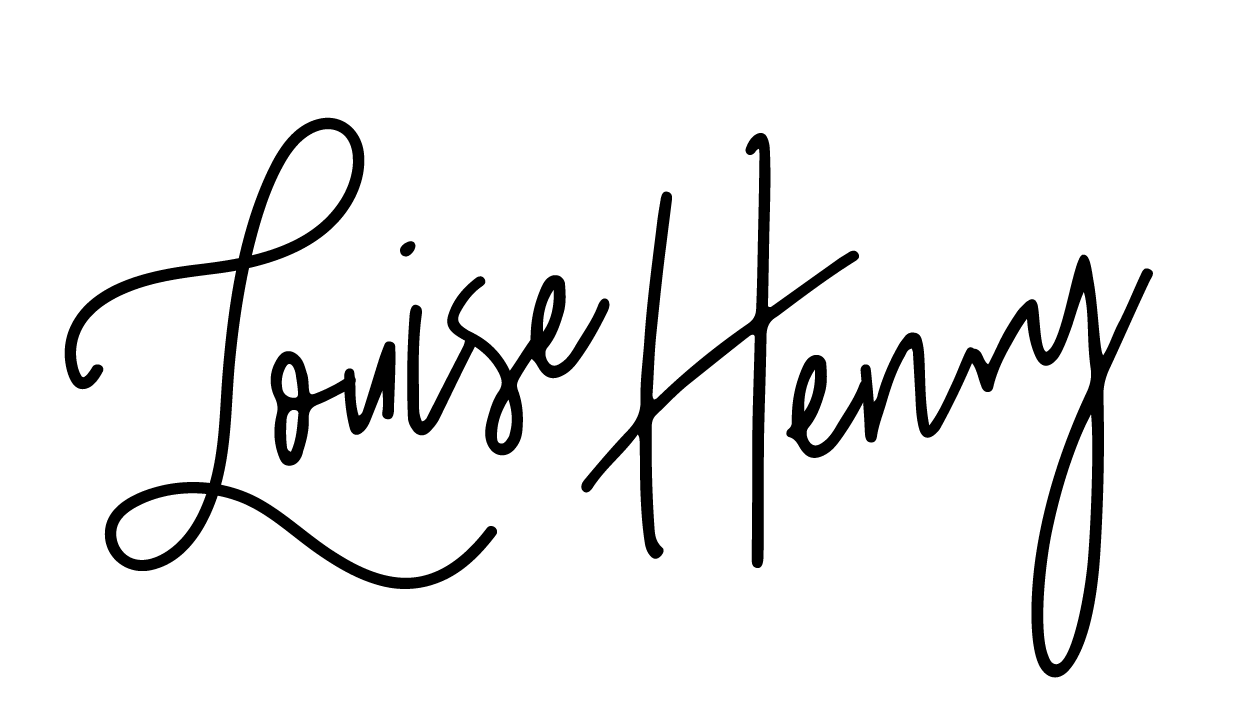

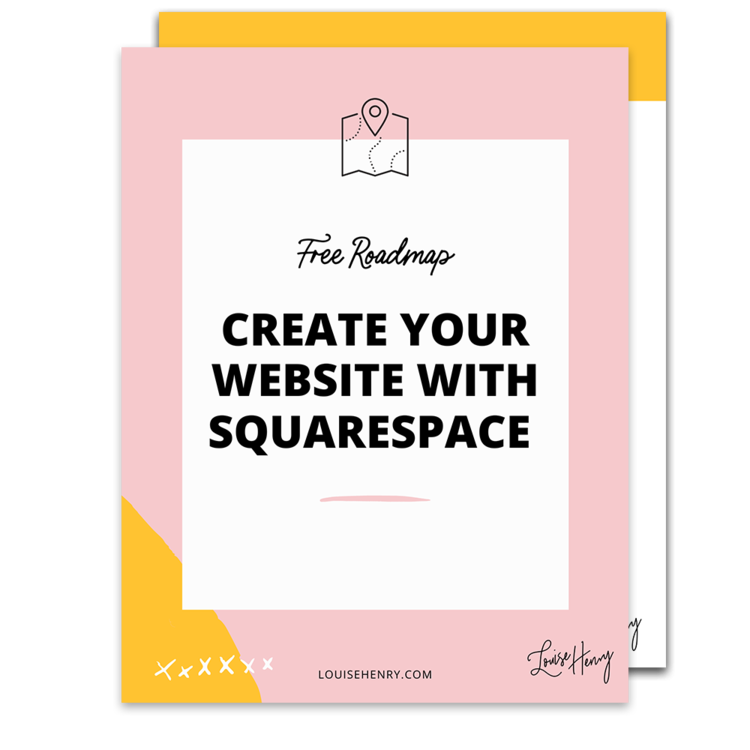
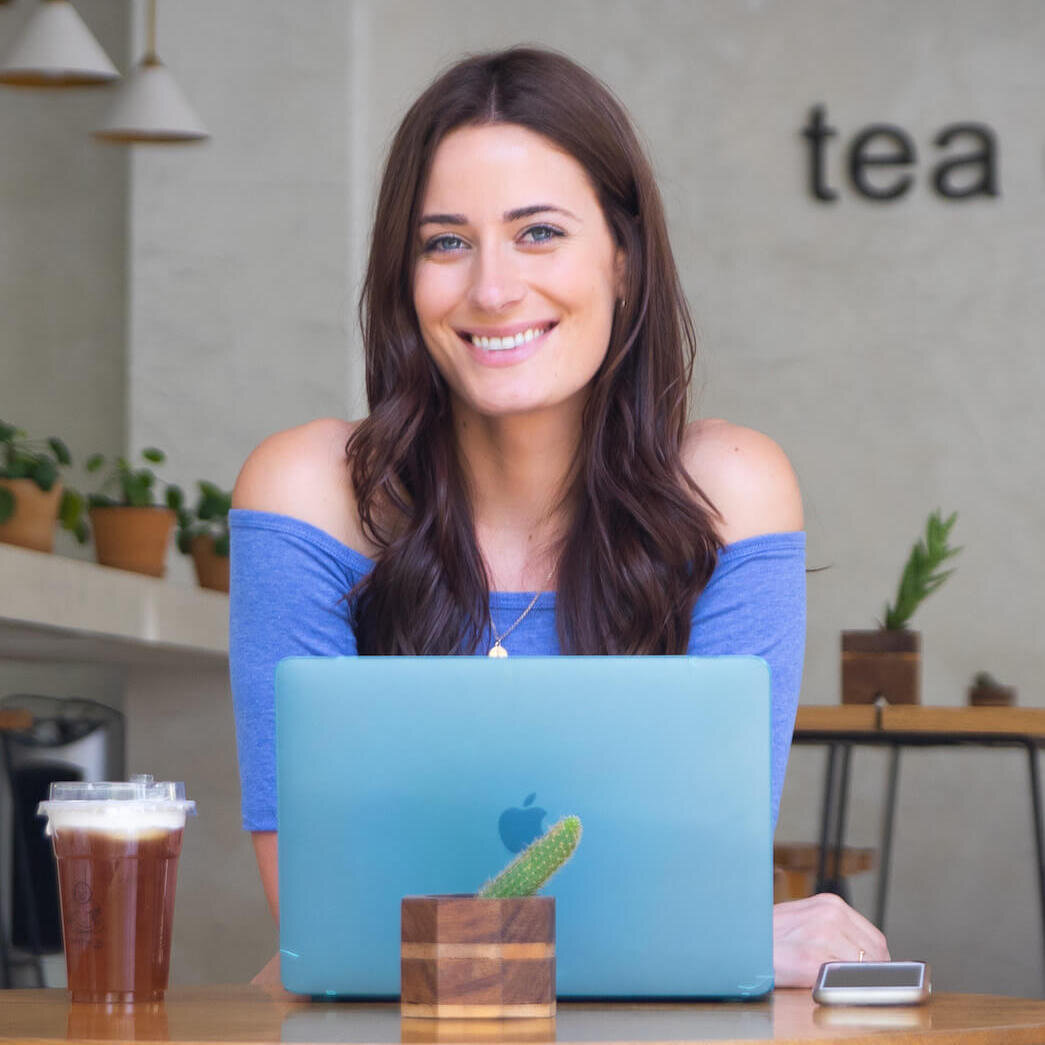
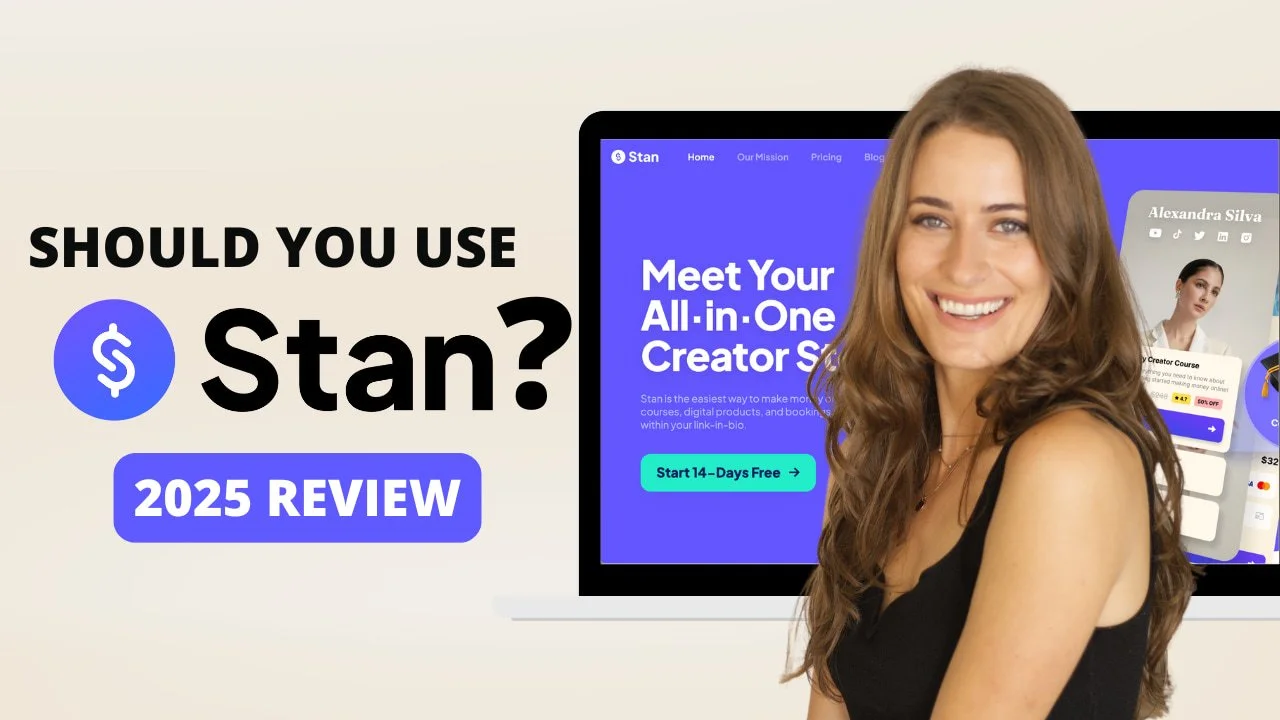
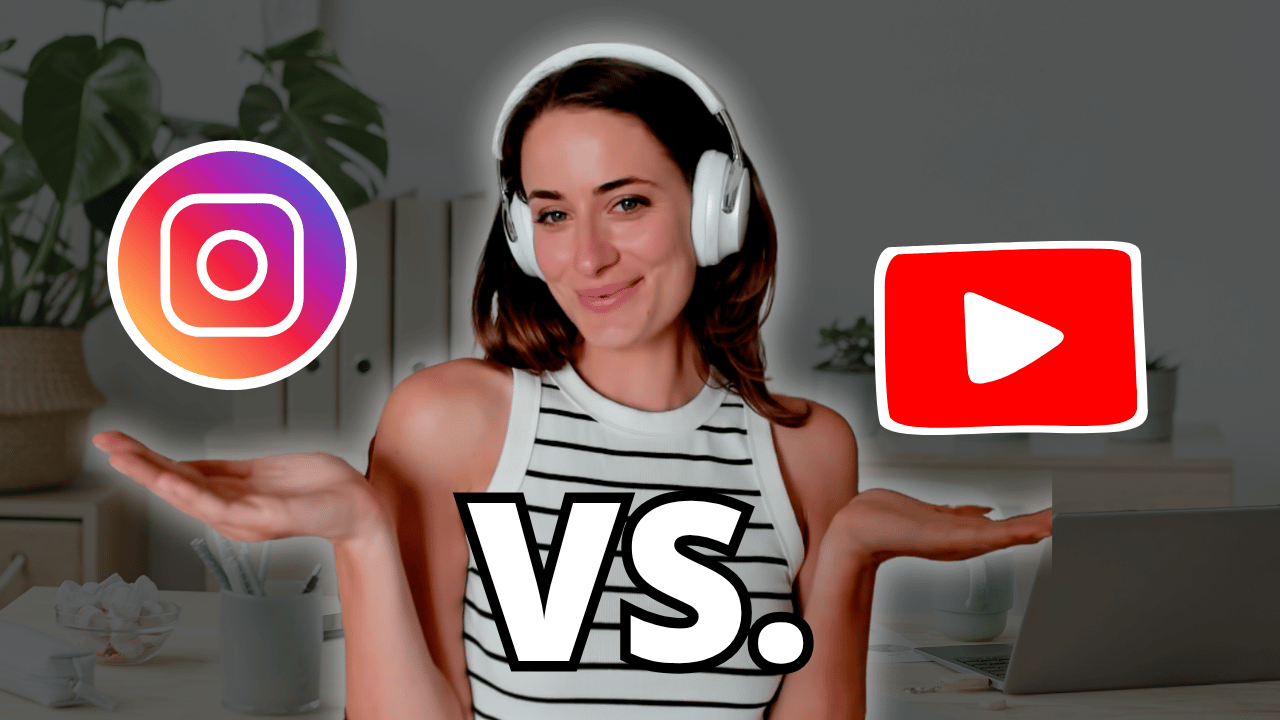
![8 Simple Productivity Habits 🍃 [Working From Home Tips]](https://images.squarespace-cdn.com/content/v1/5696066f1115e0e4e3059106/1754827471549-ZKNAPAMQKEENQ4EBZ8IG/simple-productivity-habits-thumbnail.jpg)


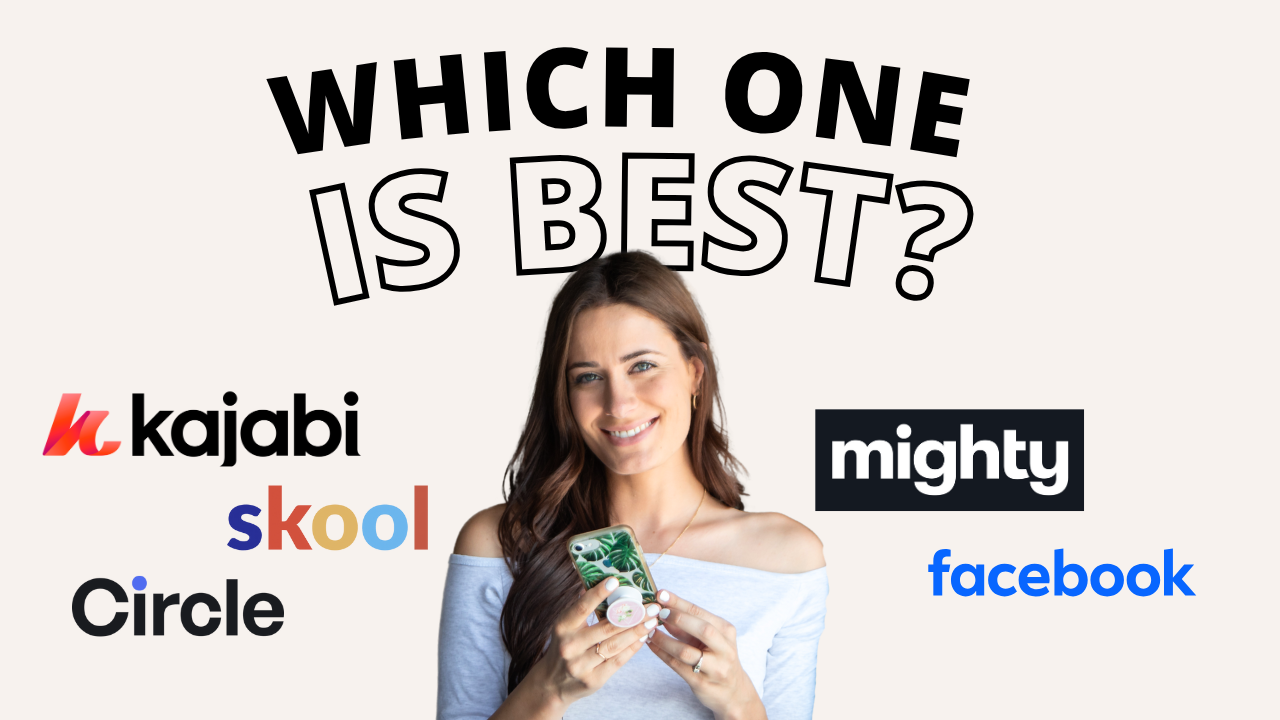
![Kajabi Review 2025 - What You Need to Know Before You Buy! [Kajabi Pros & Cons]](https://images.squarespace-cdn.com/content/v1/5696066f1115e0e4e3059106/1747073445742-LIZROCCY37VZHY8DRA4K/Kajabi-review-2025-thumbnail.png)

In this video, I’ll show you step-by-step how to capture emails directly inside Instagram DMs using Manychat - no landing page required 🤯